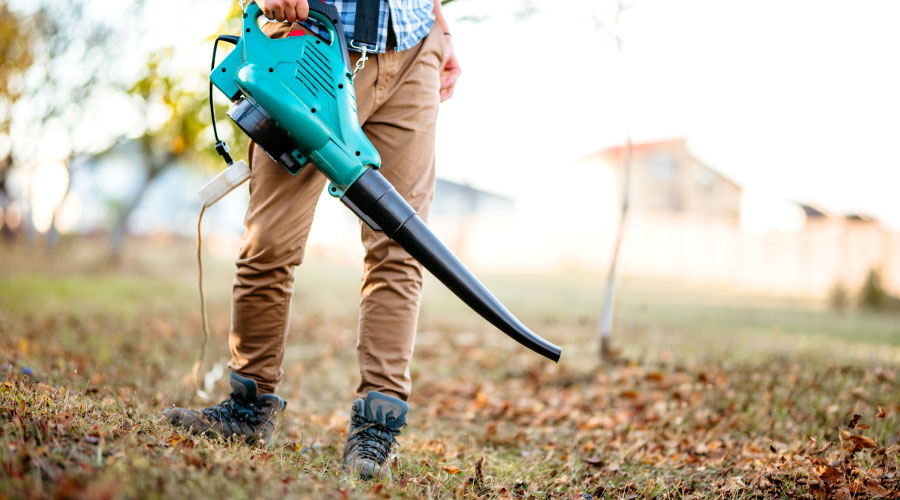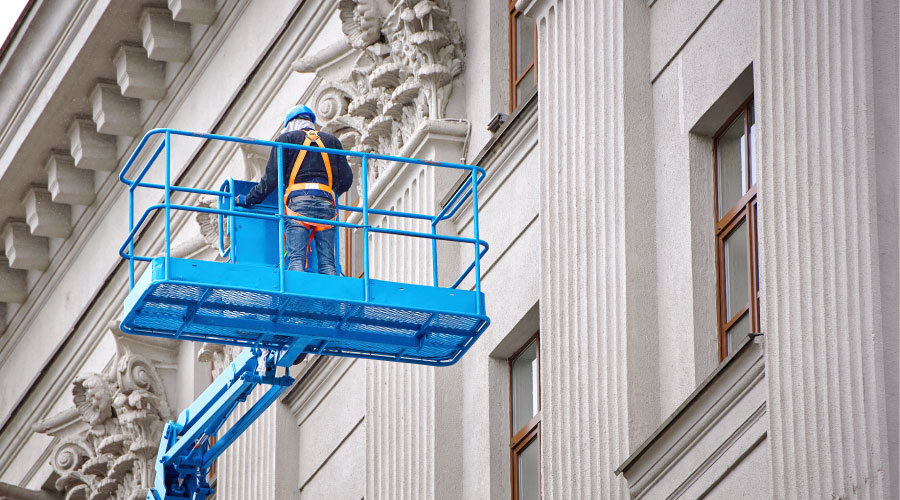Money Saving Strategies When Renting Equipment
Part 2 of a 3 part article on successful equipment rental experiences
Managers entering an agreement with an equipment rental company also need to consider a number of additional money-saving issues.
For example, involving the rental company in decisions early in the decision-making process is an important step. When the University of Alabama had to replace ceiling tiles in its aquatic center, the project required a spider lift that the university rented. Having a rental company representative involved in the process early helped make it easier to select the most appropriate equipment from among the rental company’s options.
“If it seems like a hard or complex job, you need to get your equipment representative down there to take a look at it with you,” DiChiara says. “Get the expert involved early in the process to review the job, and make sure their equipment will do the job. Looking at a catalog of lifts available is not a good idea most of the time. You need to get the representative on site.”
Managers also can benefit from bundling tasks. When renting equipment such as an aerial lift, managers can schedule all the projects that require a lift, such as replacing light fixtures and repairing gutters and masonry, in order to avoid having to schedule a separate rental for each project.
“We try to get (a lift) every eight months or so for projects if we’ve got some work to do on parking lots or gutter work (or) brick work,” Harubin says. Managers also advise against working with strangers. When starting a major project, managers need to feel comfortable that the rental company will follow through on the agreement.
“We want people that know our system already,” Gallerani says. “If you’re going to count on somebody bringing a generator in, you don’t want them getting on your site and going, ‘Where is the generator building?’ You want them intimate with your whole operation. Hopefully, you deal with people you know because there’s risk involved.”
Related Topics:











